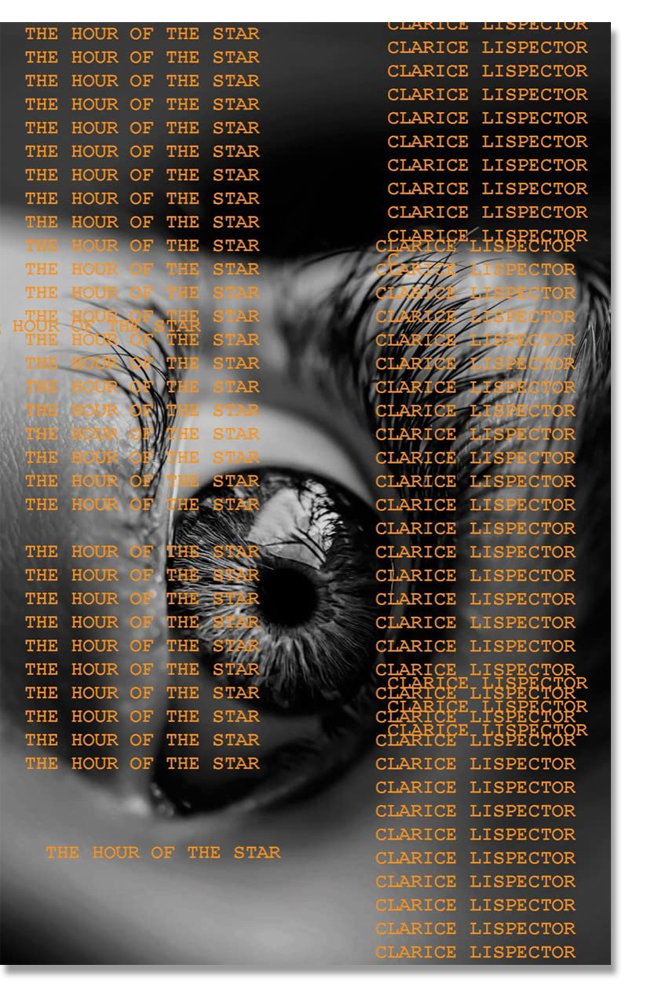A Star’s Tragic, Blinding Light
Reviewed:
by Clarice Lispector
Translated by Benjamin Moser
New Directions, 128 pp., $12.95 (paper)
Publication Date: 11/9/11
What goodness lies in the pursuit of truth if it only lays bare loneliness and awareness of your miserable state? In her final published work, The Hour of the Star, Brazilian novelist Clarice Lispector explores this dilemma by immersing readers in the unsettling story of a blissfully ignorant orphan, narrated by Rodrigo, a distressed man who hungers for answers his words cannot provide. Throughout the novella, Lispector’s prose floats across the page with spontaneity and intoxicating confidence, lulling readers into philosophical exploration.
Hesitant and unsure how to construct the narrative, Rodrigo begins by introducing us to Macabéa, a dull, impoverished girl who persists through life with few expectations, oblivious to the conditions of her misery:
“The only thing she wanted was to live. She didn't know for what, she didn't ask questions. Maybe she thought there was a little bitty glory in living. She thought people had to be happy. So she was.”
Threaded through Lispector’s speculative musings, Macabéa searches for her identity like a blank canvas, shaped by the flawed characters around her. Unlike Rodrigo, who appears to find comfort in explanations, Macabéa’s innocence and satisfaction dissipate the further she continues in her quest for answers: “Only once did she ask a tragic question: who am I? It frightened her so much that she completely stopped thinking.” Rather than discovering happiness, she ends up trading contentment and simplicity for the painful acknowledgment of all that her life lacks.
Beyond exploring identity and self-awareness, the novella is ultimately rooted in the immovable force of fate. What’s demanded is not only acceptance of one’s circumstances, but also of one’s inevitable demise. For Macabéa, death becomes a release, a handshake, a quiet resignation to the cards she’s been dealt. It’s her moment, her chance to shine one last time:
“For at the hour of death a person becomes a shining movie star, it's everyone's moment of glory and it's when as in choral chanting you hear the whooshing shrieks.”
The Hour of the Star, despite its linguistic simplicity, possesses the intellectual density and philosophical depth of a full-length novel. Lispector’s self-doubting, introspective narrator serves as the perfect counterpoint to Macabéa’s joyful innocence, while her carefree style keeps readers drifting through quizzical digressions. And like her narrator, Lispector continued to write to the very end, seeking answers she knew she was unlikely to ever find: “As long as I have questions and no answer I'll keep on writing.”
